His playing style and achievements helped Franz Beckenbauer - the legend who passed away on January 8 - go down in history with the nickname "Emperor".
Beckenbauer will always hold a special place in football history, not only for inventing and popularizing the libero position, making Bayern Munich a force in German and European football, or being one of only three people to have won the World Cup as both a player and a coach. He also has the most unique and beautiful nickname in football history to date, "The Emperor", in German Der Kaiser.
Like contemporary sports legend Eddy Merckx, who was considered the "Cannibal" of cycling, Beckenbauer lived up to the Emperor nickname in both style and achievements.
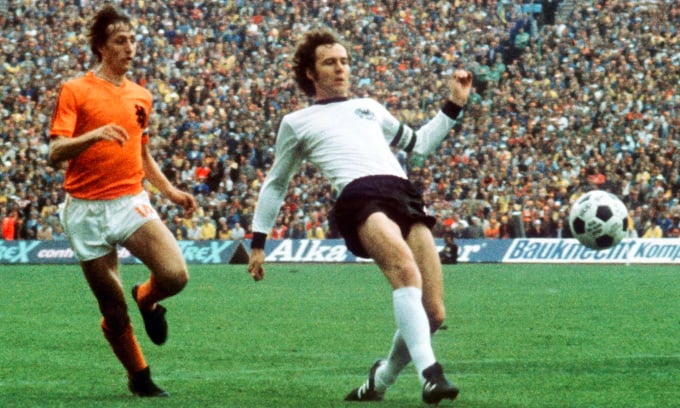
Franz Beckenbauer (right) and Johan Cruyff, during the 1974 World Cup final between Germany and the Netherlands at the Olympic Stadium in Munich on July 7, 1974. Photo: EPA
There is still much debate about the origin of Beckenbauer's nickname, which dates back to the late 1960s. He once explained that he was photographed with an Austrian Emperor named Franz Joseph I, when Bayern were on tour in Vienna. The media later called him the Emperor of Football, later shortened to Emperor.
Regardless, Beckenbauer has always been a regal presence, whether as a player, coach or manager. His style of play has been described as more refined than most, despite his background as a working-class player in war-torn Munich.
Beckenbauer's nickname certainly brings more sympathy to him than Eric Cantona's nickname of Didier Deschamps, "The Water Carrier", implying that the captain of the 1998 World Cup-winning French team was not a flashy player. Deschamps later led France to the 2018 World Cup.
Besides Beckenbauer and Deschamps, the other person to have won the World Cup as a player and coach is Mario Zagallo. The Brazilian legend, who passed away just three days ago, was nicknamed "The Professor" and "The Wolf".
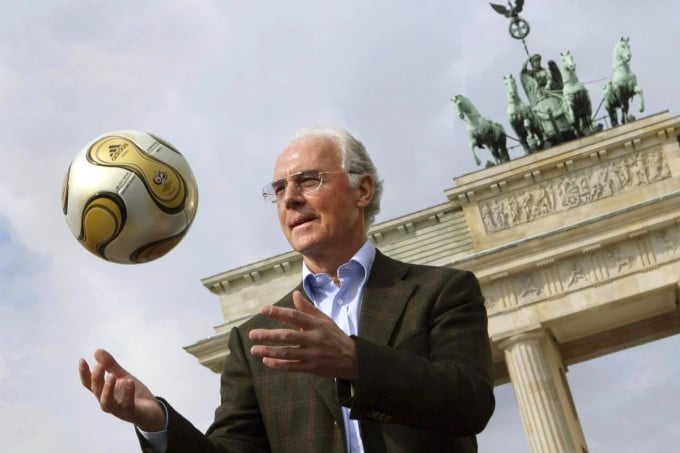
Beckenbauer at the presentation of the golden ball for the 2006 World Cup finals, at the Brandenburg Gate in Berlin, Germany in April 2006. Photo: dpa
Of the three, Zagallo's World Cup record is the most impressive, winning twice as a player in 1958 and 1962, once as a coach in 1970, and once as an assistant coach in 1994. But Beckenbauer is not far behind, finishing runner-up as a player in 1966 and coach in 1986, and then winning in both roles in 1974 and 1990. He also ventured into sports politics , helping Germany beat England in the race to host the 2006 World Cup.
Beckenbauer’s reputation has also been tarnished since his political career with FIFA. In 2016, he was accused of making false statements and money laundering, over an unclaimed $7.3 million from the 2006 campaign. Swiss federal investigators raided Beckenbauer’s Salzburg home to find evidence against him. Beckenbauer has always maintained his innocence, but has gradually withdrawn from public life, citing health reasons. His corruption trial ended in April 2020, without a verdict. And there may never be one.
Beckenbauer was always highly regarded for his English-like playing style. He gradually became famous in this country when he was assigned the role of marking the famous player eight years his senior, Bobby Charlton, in the 1966 World Cup final. Beckenbauer's mission was only partly successful, but he still managed to make his mark throughout the tournament, even scoring the third most goals despite being only a defender.
Four years later, the English acknowledged Beckenbauer's attacking and scoring ability, when their team lost 2-3 to West Germany and were eliminated in the quarter-finals of the 1970 World Cup. Not only did he score the first goal for his team, Beckenbauer also impressed with his ability to quickly observe and pass the ball across the line to create opportunities for the strikers.
Beckenbauer didn't have a technique as iconic as Johan Cruyff's spin, but he was better than anyone at timing his tackles. The German libero would wait patiently for the last touch, then swoop in to retrieve the ball neatly.
The "Emperor" excelled in every aspect of football. In the 60s and 70s, he played modern football, ahead of his peers. In all 12 seasons playing for Bayern in the Bundesliga from 1965 to 1977, he was selected in the league's best team.
After Beckenbauer scored to reduce the score to 1-2 for West Germany against England in Mexico 1970, Charlton was immediately taken off by coach Alf Ramsey. Ramsey had actually been registered to replace Charlton before Beckenbauer's goal, to save the then 32-year-old striker for the semi-final. However, Beckenbauer was given more freedom after being relieved of his defensive duties, helping his team win 3-2.
West Germany failed to advance past Italy in the semi-finals, where Beckenbauer suffered a dislocated shoulder, rendering his right arm immobile. At that time, because his team had run out of substitutions, he had to endure the pain and play the match with his arm pressed against his chest.
However, Beckenbauer got his fill of joy four years later, when West Germany won their second title, in their hometown of Munich. Many neutrals at the time expected the Dutch to win, with Cruyff and his all-out attacking style. But the hosts' defensive play kept them in the tournament, with a 2-1 comeback win. That match made West Germany the first team to win the World Cup as European champions.
Main events of the 1974 World Cup final.
Three years after hanging up his boots at the New York Cosmos, Beckenbauer led West Germany to the 1986 World Cup final, his first major tournament as a coach. His team only lost to Argentina in the final, led by Diego Maradona. Beckenbauer was still in charge four years later, exacting revenge on Argentina with a 1-0 victory in the 1990 World Cup final in Rome.
Beckenbauer's World Cup exploits brought him worldwide fame, but in Germany he is often referred to as "Mr. Bayern Munich". Before playing for Bayern, he was a fan of rivals 1860 Munich. At that time, 1860 Munich were the most successful team in Bavaria, while Bayern were playing in the lower leagues when Beckenbauer joined in 1964. But he was instrumental in helping the "Gray Tigers" gain promotion, and have been a force in the league ever since.
Club matches also gave Beckenbauer more opportunities to play as a libero, making the most of his defensive and attacking abilities. After winning the Bundesliga three years in a row from 1972 to 1974, he helped Bayern win the European Cup three times in a row from 1974 to 1976. Beckenbauer captained Bayern in every match during that time.
In terms of achievements, very few players can compare to Beckenbauer's illustrious career. People can also find better players than him, of course not many, but to achieve consistent excellence and comprehensive attack and defense like the "Emperor", only he can.
Xuan Binh (according to Guardian )
Source link


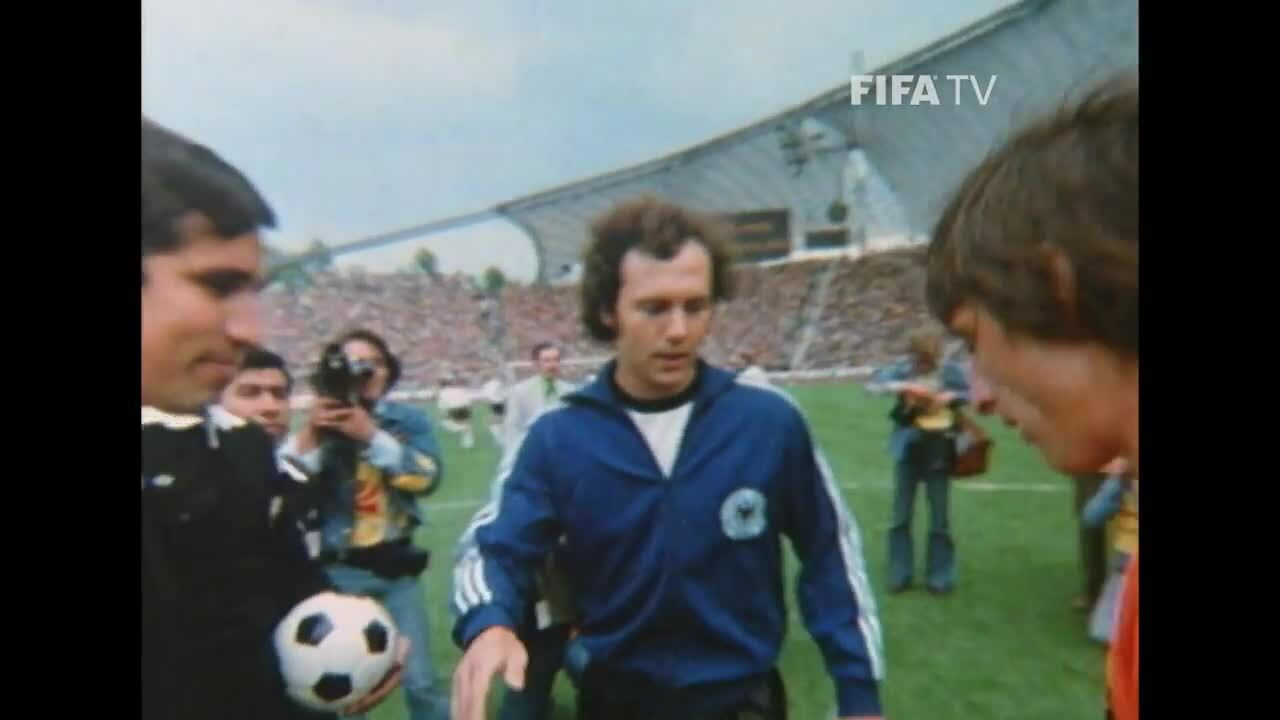







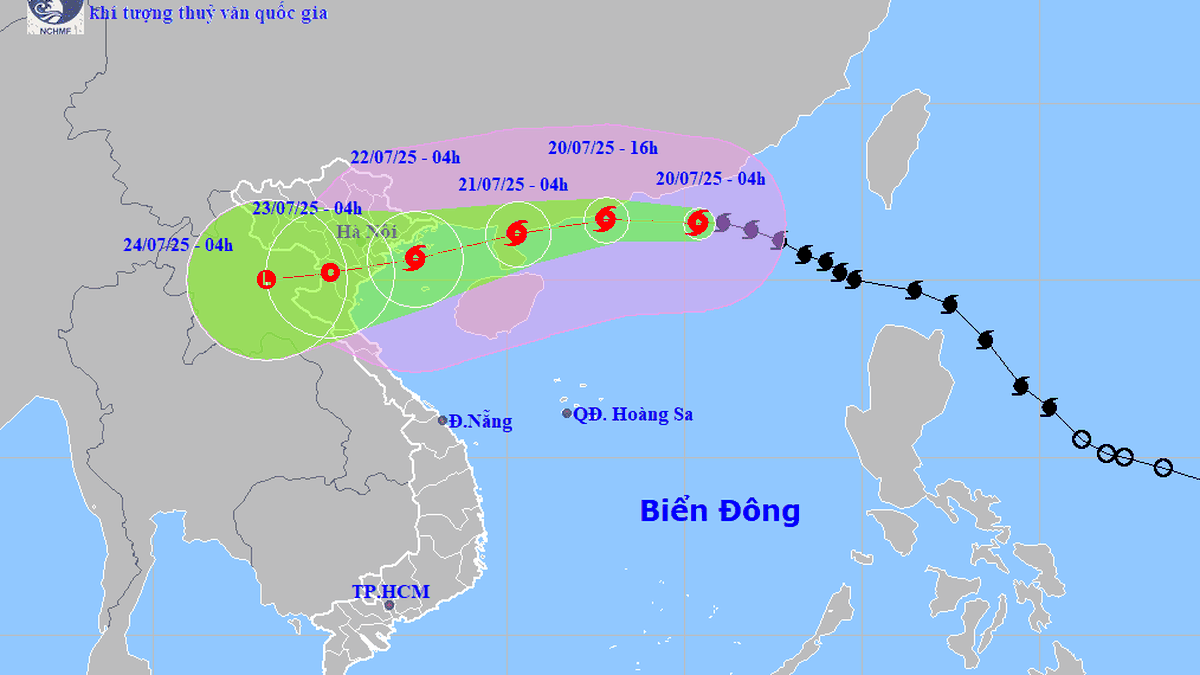
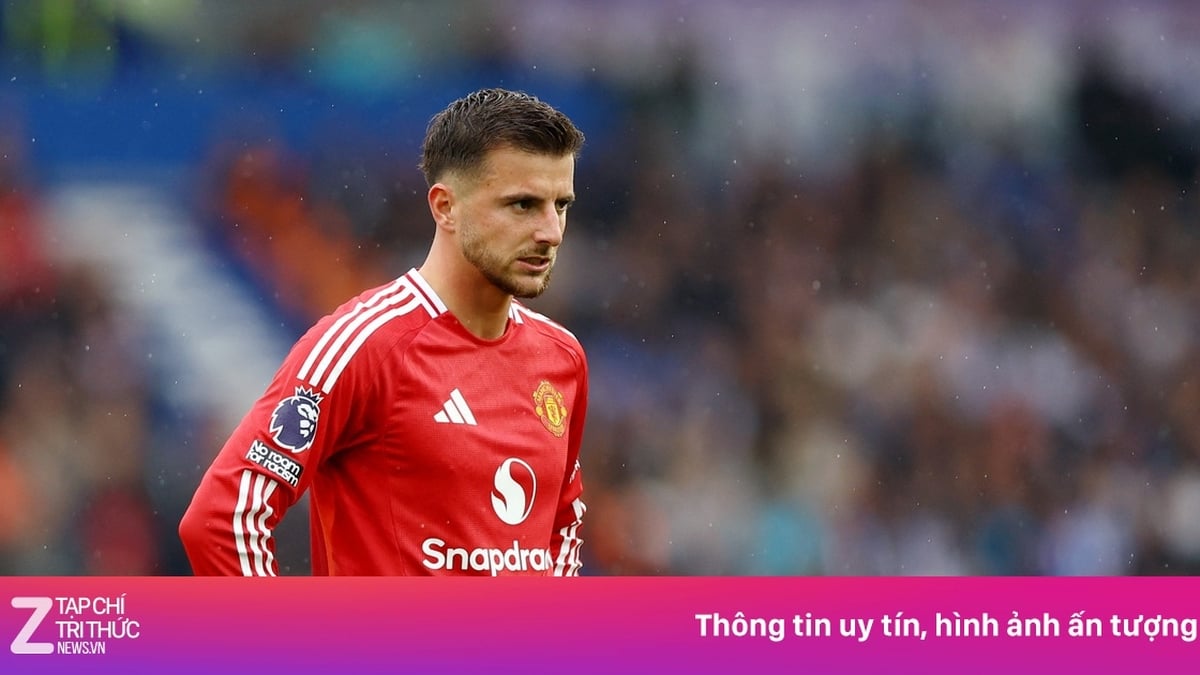























































































Comment (0)